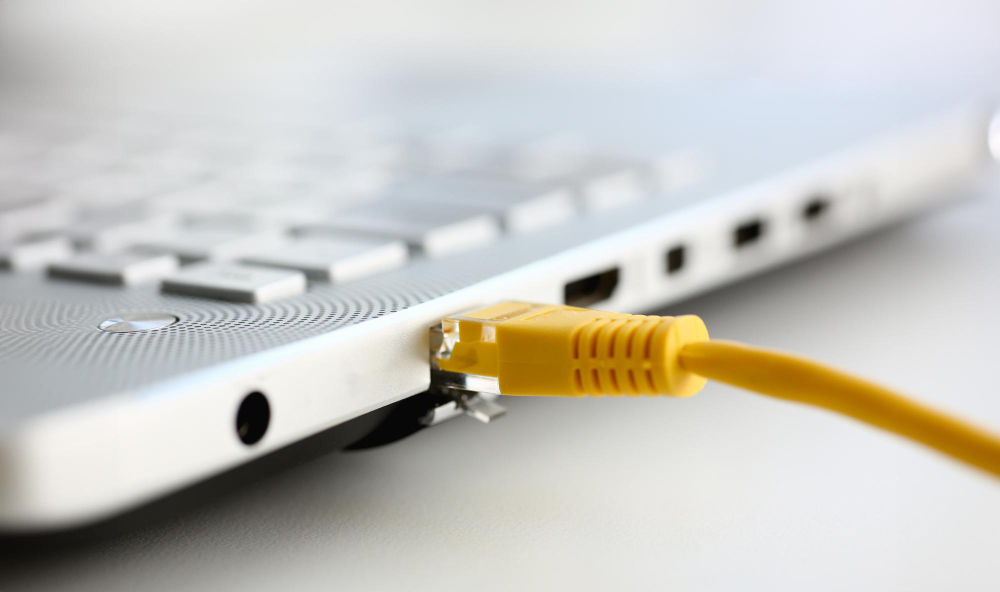Have you ever thought about what an IP address is and how it functions? If you’re interested in this subject then this article is perfect for you. Within this article we will delve into the definition of an IP address its functionality and the various types that exist. By the conclusion of this piece you will have gained a comprehension of IP addresses and their significance, in the realm of the internet.

What is an Ip Address?
An IP address, which stands for Internet Protocol address serves as an identifier given to every device whenever it connects to the internet. This unique identifier enables devices to exchange data packets and communicate with one another over the internet. An IP address is composed of four sets of numbers separated by dots like 192.168.0.1. Each set of numbers can take on values ranging from 0, to 255 resulting in 4.3 billion possible IP addresses.
How does it work?
When you want to visit a website like www.google.com your device has to know the IP address of the websites server. This allows it to send a request and get a response. To find out the IP address of a website your device relies on a service called Domain Name System (DNS). DNS translates domain names, into IP addresses. For instance the IP address of www.google.com is 142.250.74.196.
Like when you want to send an email have a chat with someone or watch a video your device needs to know the IP address of the recipients device. This helps establish a connection and exchange data.
To accomplish this your device relies on a service called Address Resolution Protocol (ARP) which links IP addresses to addresses like MAC addresses. A MAC address is an identifier given to each network interface card (NIC) in devices such, as laptops, smartphones or routers.
Types of IP Addresses
There are kinds of IP addresses available that vary based on their scope, allocation and usage. Let’s take a look, at some of the frequently encountered types of IP addresses :
- Private IP addresses refer to the IP addresses utilized within a network like those found in homes, offices or schools. These addresses are not accessible to the internet and are not exclusive to a single network. Take, for instance the IP address 192.168.0.1 which serves as a default gateway for routers. However it’s important to note that multiple routers, across networks can use this address as long as they are not connected to the same network.
- Public IP addresses are identifiers used on the internet accessible to everyone. Internet Service Providers (ISPs) assign these addresses to devices, like routers, modems or servers that connect to the internet. To illustrate, Google‘s server has an IP address of 142.250.74.196.
- Dynamic IP addresses are a type of IP address that are given to devices on a basis and can change over time. These IP addresses are assigned using the Dynamic Host Configuration Protocol (DHCP) which is a service that automatically provides IP addresses to devices when they ask for them. For instance, when you connect your laptop to a Wi Fi network, the networks DHCP server will assign your laptop an IP address.
- Static IP addresses refer to IP addresses that are assigned to devices on a basis and remain unchanged over time. These IP addresses are manually set up by the devices administrator. Typically reserved for devices requiring a consistent and dependable IP address, such as servers, printers or cameras. For instance, if you plan to host your website using a server it is essential to have a static IP address for your server to allow other devices to access it reliably.
- Shared IP addresses refer to IP addresses that are simultaneously utilized by devices. These addresses are typically assigned by a proxy server or a VPN service, which acts as an intermediary between the devices and the internet. The proxy server or VPN service replaces the IP address of each device, with its own. To illustrate when accessing a website through a VPN service the website will perceive the IP address of the VPN service than your devices IP address.
- Dedicated IP addresses refer to IP addresses that are exclusively assigned to a device at any given time. Typically these addresses are provided by web hosting or cloud services. Such services allocate IP addresses to customers who require exclusive access to their online resources like websites, databases or applications. For instance if you aim for a high speed connection to your website it becomes necessary to have a dedicated IP address solely for your website’s use. This ensures that no other website can share the address.
Conclusion
To sum up, an IP address serves as a marker allocated to each device when it connects to the internet. This address facilitates communication between devices by transmitting and receiving data packets. It’s worth nothing that there exist types of IP addresses.
Seize the opportunity to maximize your intellectual property potential – Lease your IP today and pave the path to success!
